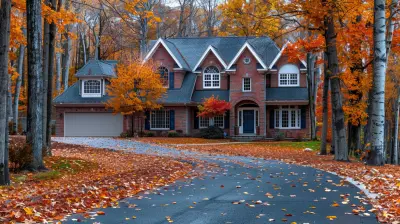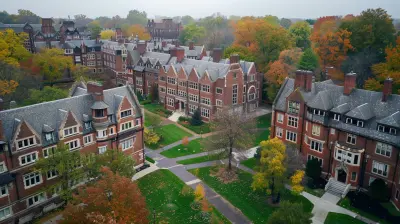Exploring the Financial Perks of Investing in Agricultural Land
16 June 2025
Investing in real estate has always been a lucrative venture, but have you ever considered agricultural land as an investment? While city skylines and high-rise apartments often steal the spotlight, agricultural land is the hidden gem in the real estate market. Buying farmland isn’t just for farmers—it’s an investment strategy that many savvy investors are using to grow their wealth.
So, why should you consider putting your money into acres of soil instead of concrete and steel? Let’s break it down and see how agricultural land can be one of the smartest financial moves you’ll ever make. 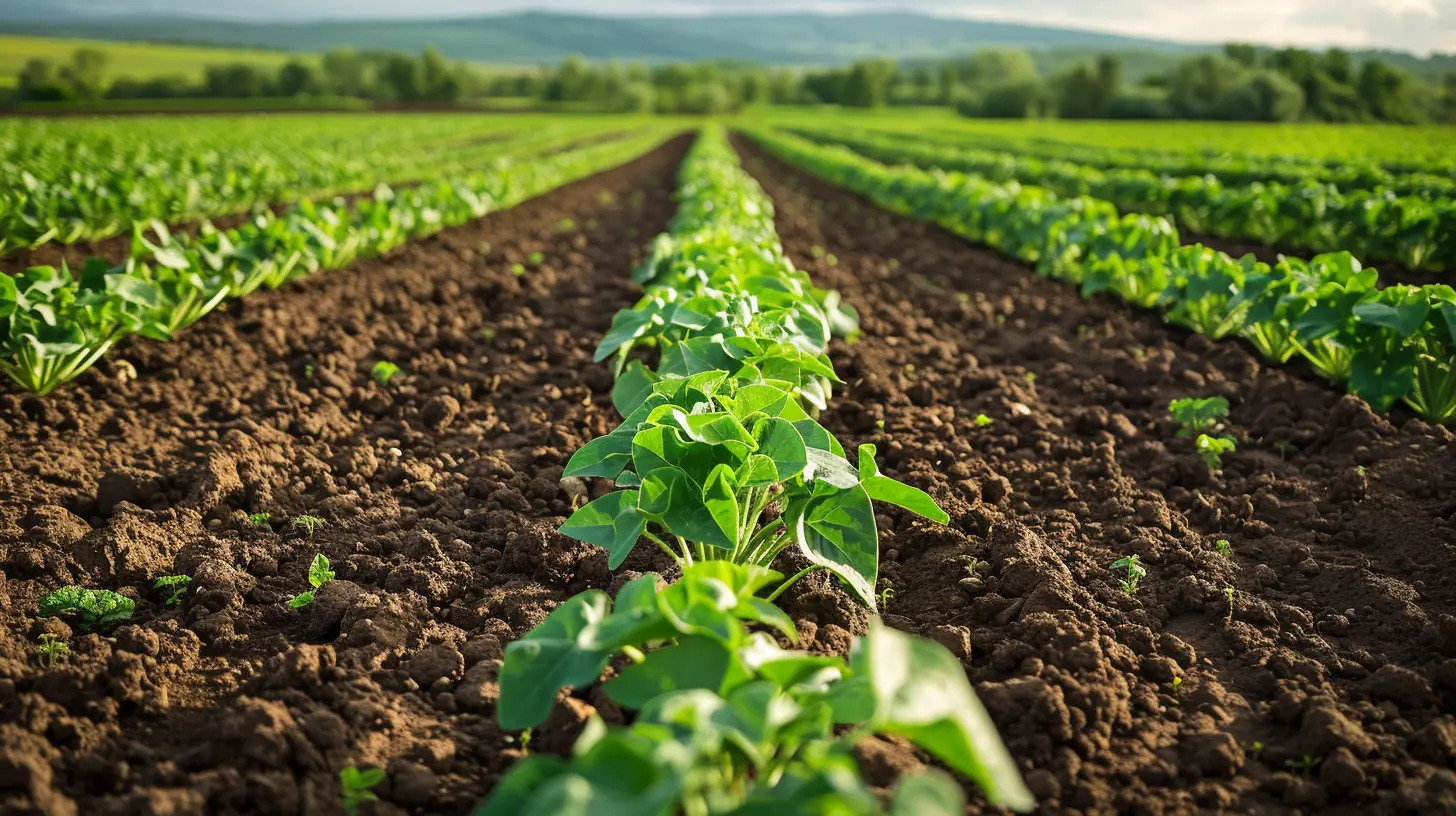
1. Agricultural Land is a Tangible Asset with Lasting Value
Unlike stocks or cryptocurrencies that can fluctuate wildly, agricultural land is a physical asset that holds its value over time. People will always need food, and as long as the population keeps growing, the demand for farmland will never disappear.Think of farmland like gold, but instead of sitting in a vault, it produces crops and generates income. Plus, unlike a rental property, there are no tenants to deal with, no leaks to fix, and no broken air conditioners to replace! 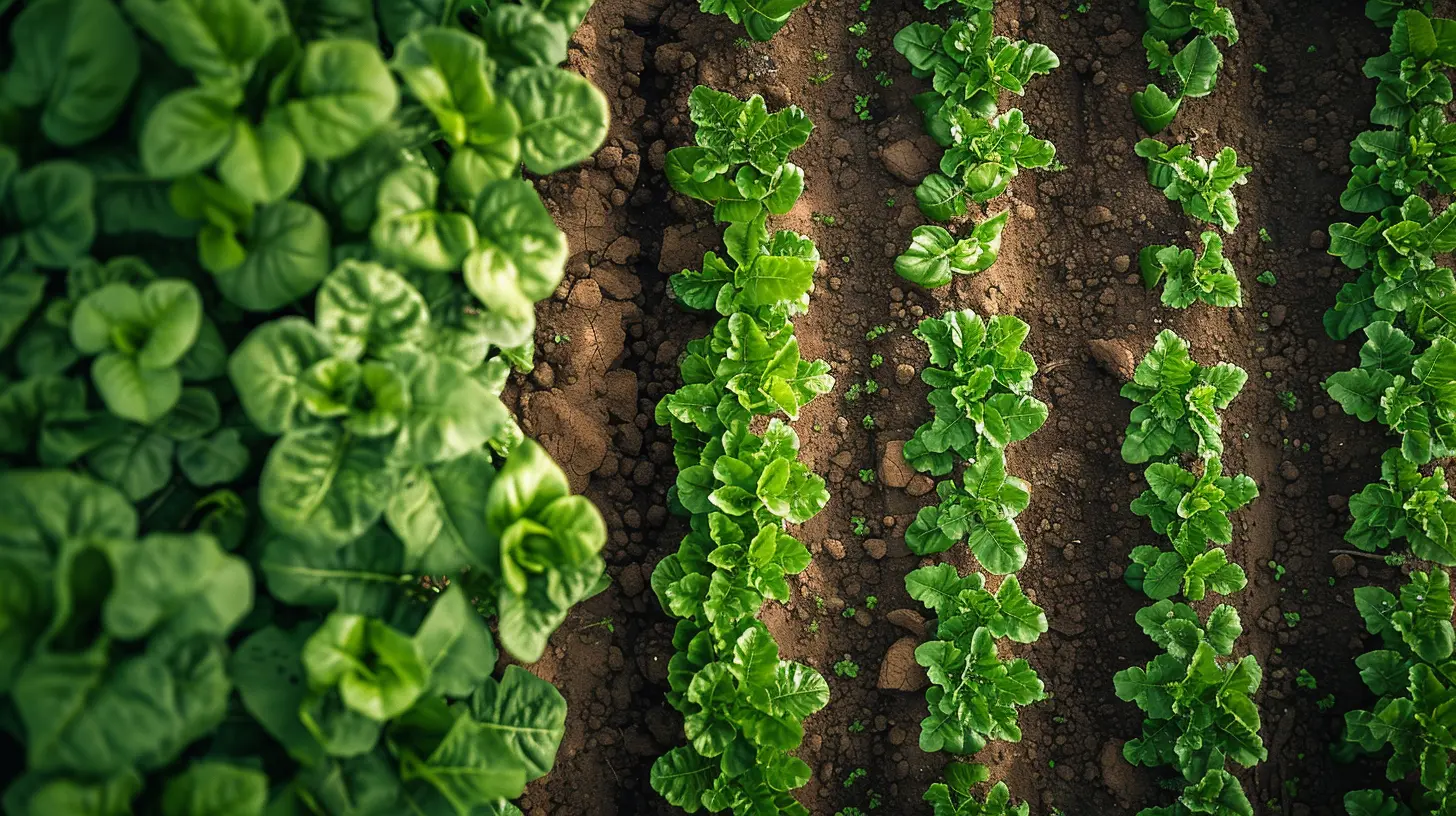
2. Steady and Passive Income Streams
One of the biggest advantages of investing in farmland is the ability to generate passive income. You don’t need to be a farmer yourself to profit from it. Here’s how:- Leasing to Farmers – Many investors lease their land to farmers who will cultivate crops or raise livestock. This provides a steady cash flow without the hassle of farming yourself.
- Crop and Livestock Sales – If you have the resources, you can hire a farm manager and sell crops like wheat, corn, or soybeans for profit. Even cattle farming can yield substantial returns.
- Government Subsidies – Many governments offer subsidies or incentives for agricultural development, which means extra financial benefits for you as a landowner.
Compared to traditional rental income, farmland leasing requires minimal maintenance. No late rent payments or tenant disputes—just peaceful land generating revenue. 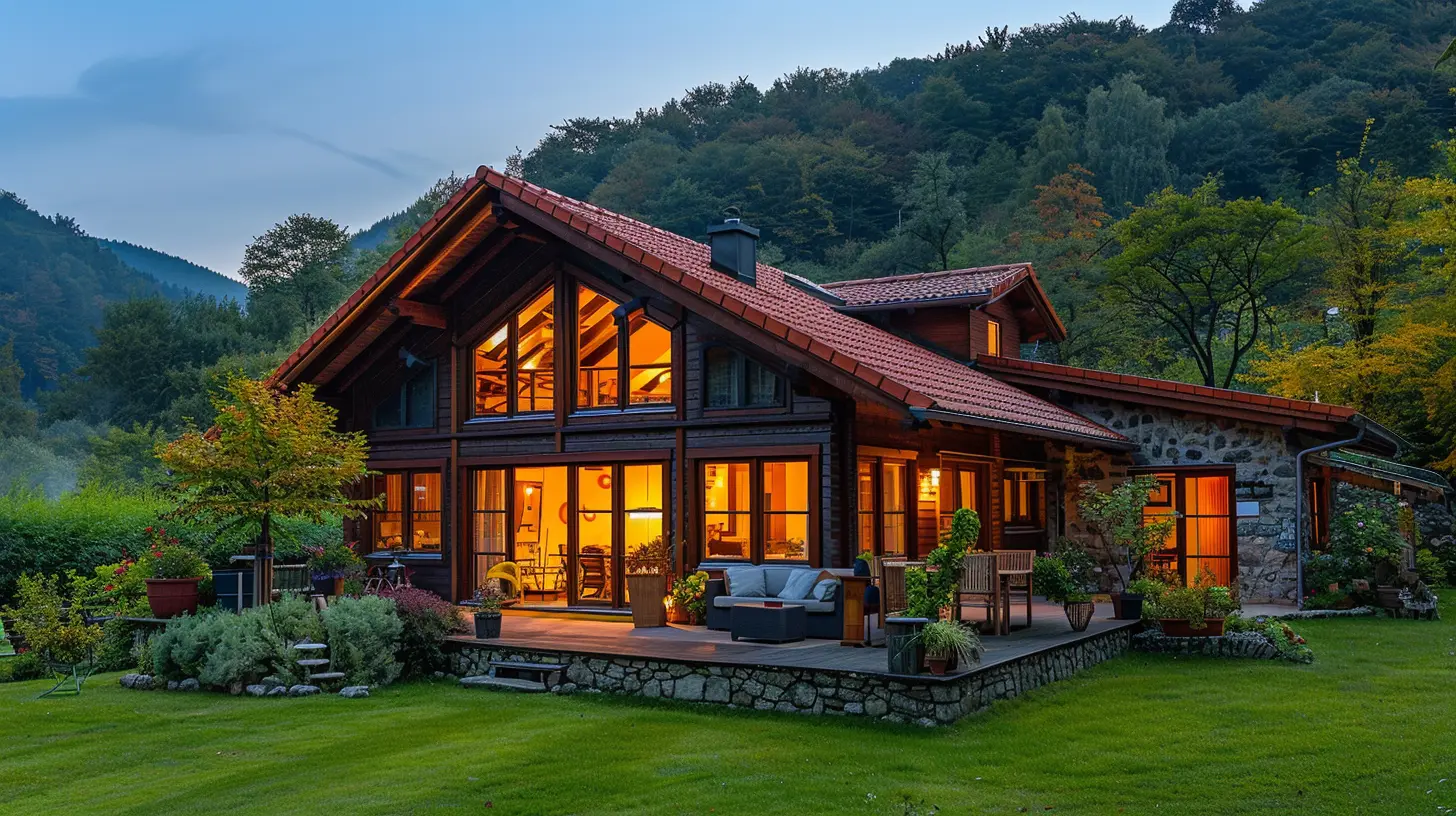
3. Agricultural Land Appreciates Over Time
They aren’t making more land! As urban areas expand and development projects consume more land, the scarcity of farmland continues to grow. This simple supply-and-demand principle means that agricultural land tends to appreciate in value over the years.Historically, farmland prices have shown consistent growth, making it a great long-term investment. While stocks and housing markets can crash, farmland remains a stable and appreciating asset. 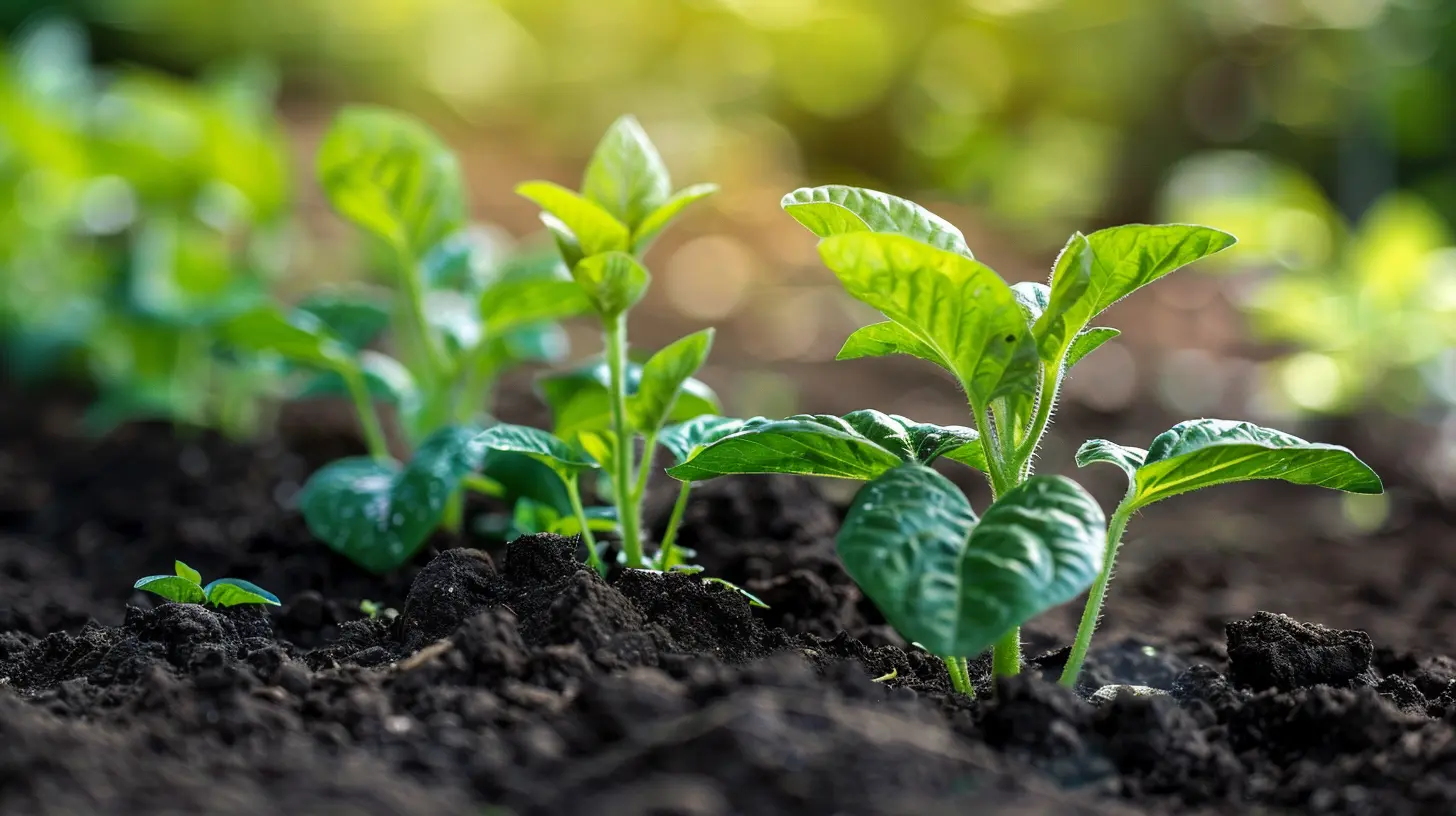
4. Inflation Hedge Effect
Inflation can erode the value of paper money, but agricultural land acts as a natural hedge against it. Why? Because food prices tend to rise with inflation, which increases the value of farmland.When the cost of living goes up, the value of agricultural products like grains, fruits, and vegetables also rises. As a landowner, this means higher returns from leasing rates, crop sales, or livestock production. It’s like planting a money tree that grows in value even during economic downturns!
5. Tax Benefits and Incentives
If you love saving money on taxes (who doesn’t?), investing in agricultural land might be a smart move. Many governments offer tax incentives for farmland owners, such as:- Lower Property Taxes – Agricultural land often has lower tax rates compared to commercial or residential properties.
- Deductions on Expenses – Expenses related to maintaining a farm, such as equipment, irrigation, and soil improvements, may be tax-deductible.
- Conservation Easements – Some governments provide tax breaks for farmers who maintain green spaces or practice sustainable farming.
The financial benefits of these tax incentives make agricultural land even more attractive as an investment.
6. Diversification of Investment Portfolio
Ever heard the saying, “Don’t put all your eggs in one basket”? Investing in farmland is a great way to diversify your portfolio and reduce risk.Most investors are heavily reliant on stocks, bonds, or real estate properties in urban areas. But what happens when the stock market crashes or the housing market takes a dive? Having assets in agricultural land can balance out risks and provide stability during economic downturns.
It’s always smart to have a mix of assets, and farmland is a fantastic addition that provides both security and profitability.
7. Future-Proofing Against Food Demand
The world’s population is expected to hit 10 billion by 2050. That’s a lot of mouths to feed! As food demand increases, so does the value of farmland. Investing in agricultural land today means you’re securing an asset that will only become more valuable in the future.With trends like organic farming, sustainable agriculture, and farm-to-table movements, agricultural landowners can benefit from higher demands for premium-quality food products. Whether it’s wheat, vegetables, or cattle, food production will always be a necessary and profitable industry.
8. Potential for Agritourism Business
Ever thought of turning farmland into a destination? Agritourism is on the rise! If you own agricultural land, you can explore opportunities such as:- Farm Stays and Bed & Breakfasts – Tourists love the idea of staying on a peaceful farm in the countryside.
- Organic Farming Experiences – Many people want to participate in farm life, whether it’s picking fruit or learning about sustainable agriculture.
- Winery or Brewery Development – If your land is suitable, growing grapevines or hops for wine and beer production could be a highly profitable venture.
Agritourism blends investment with creativity, offering unique ways to generate additional income from farmland.
9. Environmental and Sustainability Benefits
If you care about sustainability, investing in farmland allows you to contribute to eco-friendly practices. Sustainable farming and regenerative agriculture help maintain soil health, improve biodiversity, and reduce carbon footprints.Smart investors are now focusing on responsible land use, water conservation, and organic farming—initiatives that can lead to long-term financial and environmental rewards. Plus, eco-conscious consumers are willing to pay a premium for sustainably sourced food, making it a win-win investment.
10. Farmland as a Generational Wealth Asset
Farmers have always passed down land through generations, and there's a good reason for that. Agricultural land is not just a short-term investment—it’s something you can leave as a legacy for your family.Unlike other assets that may depreciate or become obsolete, farmland continues to grow in value. Your kids (and their kids) can either sell it for a handsome profit or continue to generate income from it. In short, farmland is an investment that can secure financial stability for generations.
Final Thoughts: Should You Invest in Agricultural Land?
If you’re looking for an investment that offers stability, passive income, and long-term appreciation, agricultural land is a solid choice. With its unique financial perks—from inflation protection to tax breaks and diversification—this hidden gem in real estate is worth considering.Whether you lease it out to farmers, start a small agritourism business, or hold onto it for future appreciation, agricultural land has endless possibilities. So, if you’re ready to plant the seeds of financial success, why not start with farmland?
all images in this post were generated using AI tools
Category:
Rural PropertiesAuthor:

Vincent Clayton
Discussion
rate this article
2 comments
Alexia McCall
Great insights on investing in agricultural land! It's fascinating to learn about the financial benefits and long-term potential of this unique investment opportunity. Thank you!
June 17, 2025 at 12:44 PM

Vincent Clayton
Thank you for your kind words! I'm glad you found the insights valuable. Investing in agricultural land can indeed offer exciting long-term benefits!
Yvette McBride
Investing in agricultural land can nurture both wealth and community growth.
June 17, 2025 at 3:25 AM

Vincent Clayton
Absolutely! Investing in agricultural land not only generates financial returns but also fosters sustainable community development and local food systems.
